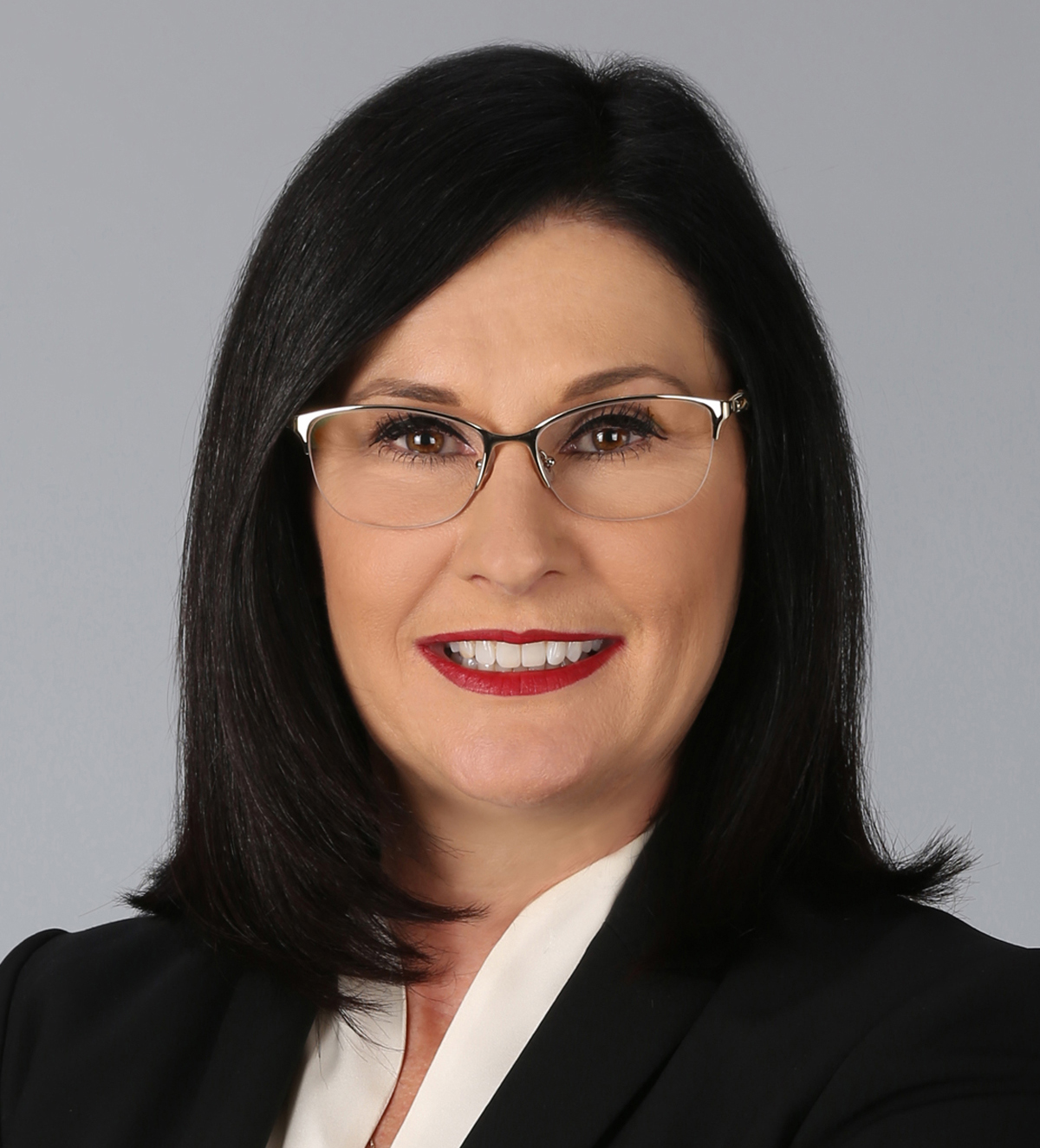By Greta Schulz
Jeremy arrived early at the office of Steve Collingsworth, president of Collingsworth Manufacturing Company, so he could sit in the parking lot and review in his head what he wanted to say. He practiced each step of his presentation – exactly what he would say and how he would say it. He knew that his PowerPoint slides were perfectly in order and were just what he needed to land this account. He knew what this company needed because he had called on other companies like this and helped them just like he could help this one.
Jeremy took a deep breath and walked into the building. “I’ve got this one down,” he thought, and proceeded in the door.
Once the pleasantries were over, Jeremy got right down to business. “Mr. Collingsworth, I have been with my company for the past three years, and our company has been in business for over 50 years. We are the leader in our industry and have worked with lots of companies like yours and have been able to meet the needs that you have.”
“Well, that’s why I agreed to meet with you, Jeremy,” Collingsworth replied. “We do have a need for a product like yours and this might be a good fit.”
“I’m glad you did,” Jeremy said proudly. “Our product line has the best reputation for the least failures on the job. Therefore, downtime is the lowest in the industry, which will keep you up and running more efficiently.”
“Great, Jeremy, but our service department isn’t sure if they can retrofit your model into our existing equipment,” Collingsworth said.
“Oh, I wouldn’t worry about that,” Jeremy replied. “We do it all of the time and with companies who have bigger problems than yours. As a matter of fact, I brought a PowerPoint presentation that I believe will help you understand why we’re No. 1 in the industry.”
After the presentation, Collingsworth said, “Thanks for the presentation Jeremy, but I am still a little concerned about our existing equipment and the retrofit we’ll need to do. We can’t afford any downtime with the change or production could be compromised.”
“Mr. Collingsworth, I understand that is a concern, but we do this all of the time. Don’t worry, we can handle it,” Jeremy said.
Jeremy then said goodbye and promised a proposal in a few days. After he left, Collingsworth buzzed his assistant and said, “When that proposal comes in, just round file it.”
What happened? Jeremy ignored the real issue that Collingsworth wanted addressed and kept telling him what he felt was important. Guess what? No one cares what you think is important, only as it applies to them.
Jeremy missed lots of opportunity to really dig in and deeply understand what his prospect’s issues were, to assure Collingsworth that not only he could solve the problem, but help him understand how.
The result? Jeremy may very well have the best product for Collingsworth Manufacturing, but his prospect didn’t see it that way. When a prospect gives you a hint of a need, address that need directly by asking really good pointed questions. For example: Tell me more about the retrofit concern? Have you had that issue in the past in looking to change products? What happened? What did you do to address it at that time? How did it affect production and at what cost?
These types of questions would not only have given Jeremy a real insight into the issue, it would have also given Collingsworth confidence that Jeremy knew and could address HIS issue.
A quick wrap up:
Stop telling about how great you and your company are (no one cares).
Ask what some of the prospect’s concerns are and then dig deeper to truly understand the issue.
Don’t be so quick with a solution; even it if is correct, you haven’t earned the right so early in the process to give one.
Listening is you best sales tool, not your product knowledge. ↵
Greta Schulz is president of Schulz Business, a sales consulting and training firm. She is a best-selling author of “To Sell is NOT to Sell” and works with Fortune 1,000 companies and entrepreneurs. For more information or free sales tips, go to schulzbusiness.com and sign up for “GretaNomics,” a weekly video tip series, or email sales questions to
greta@schulzbusiness.com.












